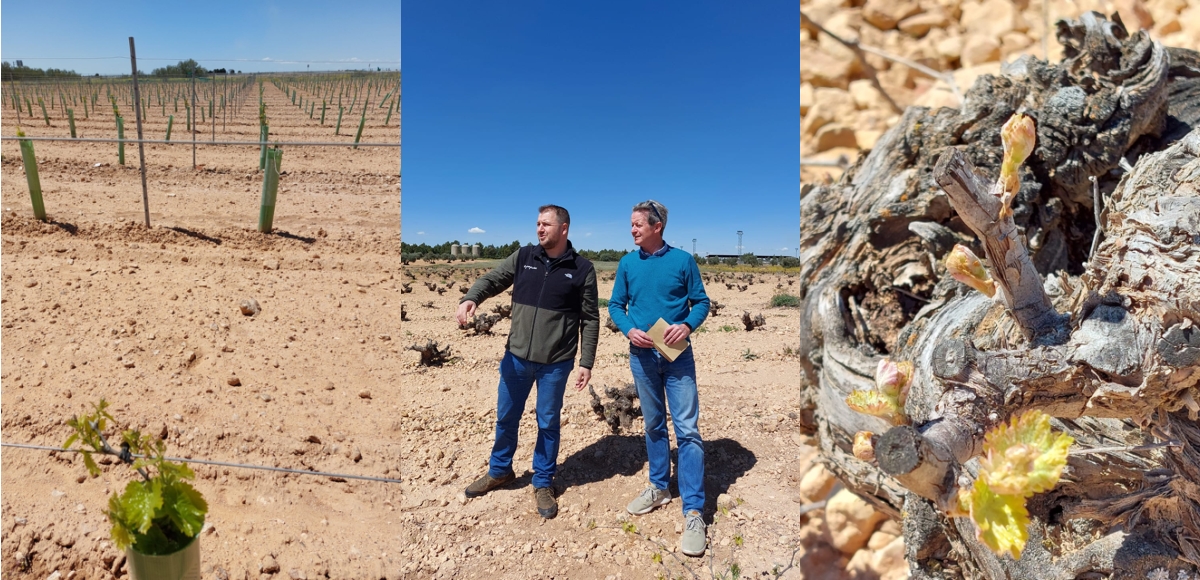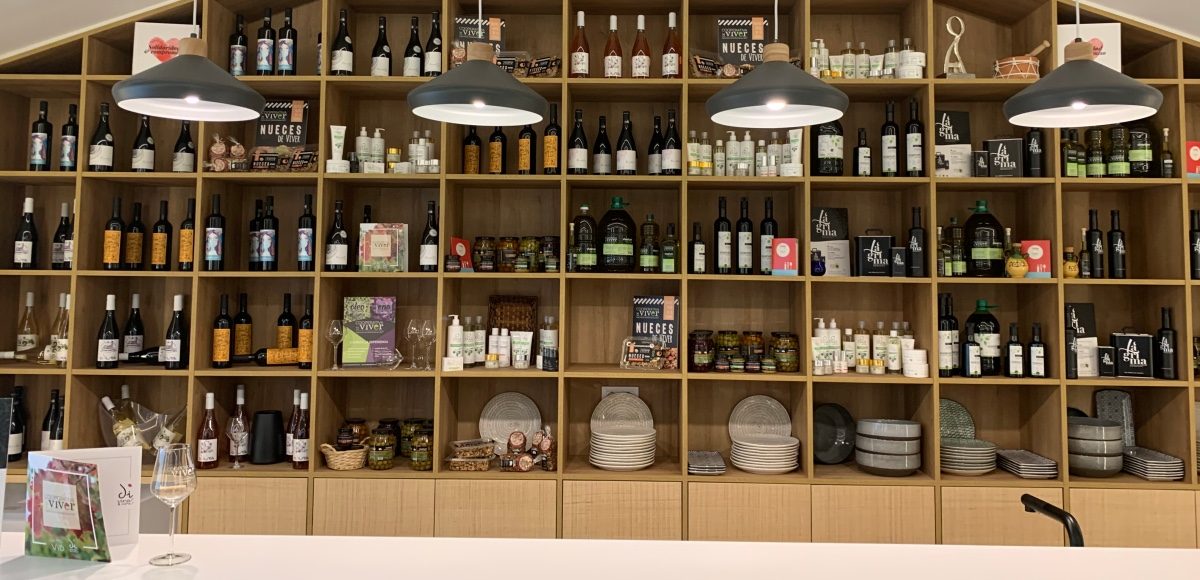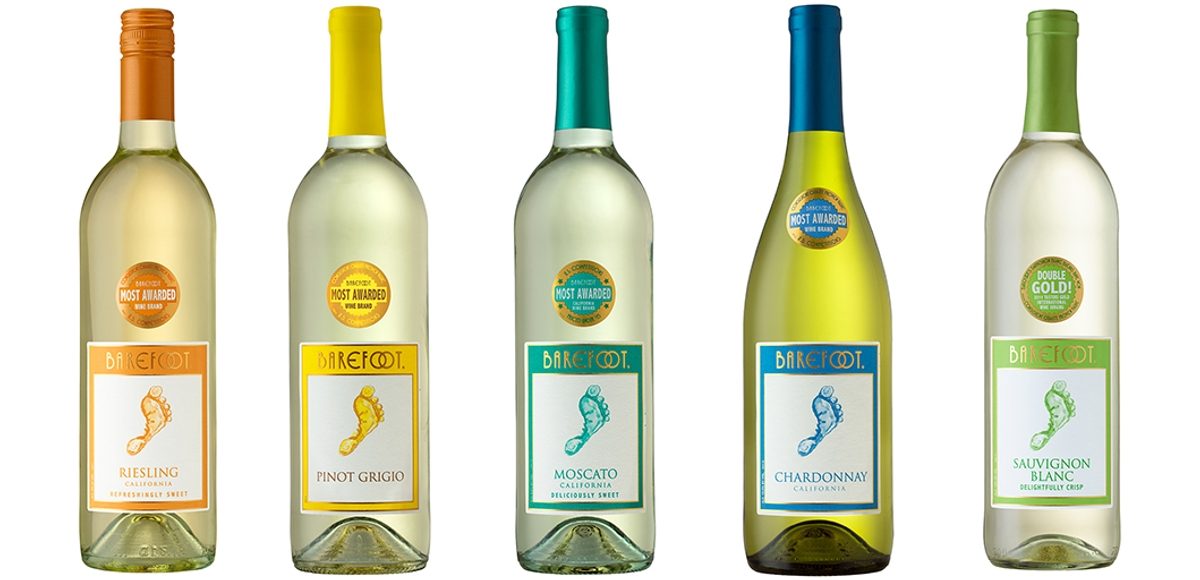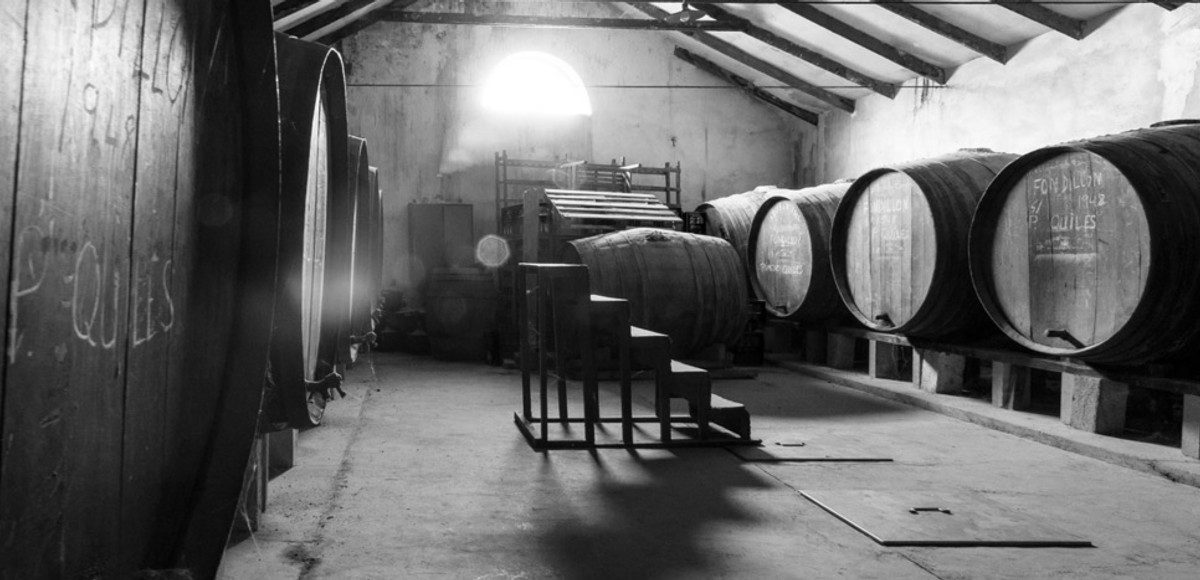The other day I was chatting with a man about wine when he said ‘wines in ‘brik’ are poison’. He was serious, so I asked him why he thought that, to which he replied it was because of the sulphur. On the same day I was talking with another man about German wines and he said that young German wines have dangerously high levels of sulphur. Neither of these points of view are correct but it raises the question; Are all wines safe to drink?
If you google ‘sulphites in wine’ you will find a long list of articles that highlight the potentially harmful effects. However, when referring to wine many if not most of these headlines are misleading as there is much confusion surrounding the quantity of sulphur in wine.
The first thing to know about sulphites in wine is that they occur naturally as a by-product of fermentation, so naturally all wines contains a small amount of sulphites. Sulphur dioxide is an antioxidant and preservative, so it has an important role in most in wine production.
Sulphites are used in a wide range products particularly dried fruits, fruit juices, soft drinks and many pre packed foods, all of which have much higher levels than in wine. However, ‘contains sulphites’, as is required by law to appear on a wine label, seems more risky than E220, the E number that refers to the presence of sulphur dioxide as a food additive.
How can we detect sulphites? Some people are sensitive to sulphites, particularly asthmatics who can find difficulty breathing, other reactions are coughing, throat irritation, a runny nose or a red skin rash. These reactions can happen when consuming any product with added sulphites. I read that less than 1% of people have a strong allergic reaction to sulphites. By the way, sulphites do not give you hangovers.
The use of sulphur dioxide in wine is strictly controlled by the EU. Nowadays, the quantities are quite low due to better winemaking techniques and improved hygiene standards in the wineries. Someone recently mentioned to me that they had had an allergic reaction to red wine and thought it was the sulphur. However, this was more likely to have caused by histamine that occur naturally in red wines. Over time, usually a couple of months, the S02 dissipates and level is reduced.
Wines labelled as organic tend to have less sulphur dioxide added to them than non organic wines. If you see the term ‘no sulphites added’ on an organic, natural or biodynamic wines it can be misleading because while no sulphites were added during the winemaking process, sulphites would have used in the vineyard so these wines are not free from sulphites.
The problem for me when I am buying wines is that a wine with no sulphur added has little defence against harmful bacteria and is less likely to last a long time in bottle. Also, there is a much high probability of quality variation between bottles.
So to answer the question ‘are wines safe to drink?’, the answer is yes, and if you are concerned about chemicals in your food don’t eat processed foods, prepacked foods, dried fruits or a wide range of fast foods.










